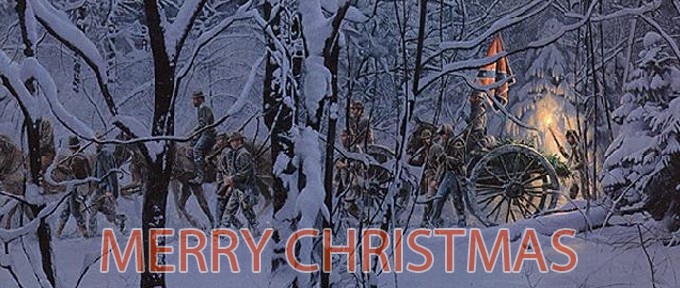Excerpts from Maurice Bardèche’s Nuremberg or the Promised Land, translated by George F. Held
The appearances of justice [at the Nuremburg Trial] were maintained perfectly. The defense had few rights, but these rights were respected. … Several defendants were discharged. In the end the forms were perfectly well observed, and never was a more debatable justice rendered with more propriety.
For this modern machinery, as one knows, had the result of resurrecting a jurisprudence like that of Negro tribes. The victorious king is set on his throne and has his witchdoctors called in: then, in the presence of warriors sitting on their heels, someone cuts the throats of the vanquished chiefs. We start to suspect that all the rest is a bit of comedy, and the public, after eighteen months, is no longer taken in by this kind of play-acting. The chiefs have their throats cut because they were vanquished; the atrocities with which one reproaches them, well, no just man can avoid saying to himself that the commanders of the Allied armies could be reproached with atrocities just as serious: the phosphorus bombs well counterbalance the concentration camps. An American court which condemns Göring to death has no more authority, in the eyes of men, than would a German court which presumed to condemn Roosevelt. A court which creates the law after being seated on its bench brings us back to the beginning of history. One did not dare to judge so at the time of Chilperic.[1] The law of the strongest is a more honest way. When the Gaul shouts Vae victis,[2] at least he does not take himself for Solomon. But this court succeeded in being an assembly of Negroes in starched collars: this is the plan for our future civilization. It is a masquerade, a nightmare: they are dressed as judges, they are serious, they are capped with ear-phones, they have the heads of patriarchs, they read papers with a saccharine voice in four languages at the same time, but in reality they are Negro kings, it is a costume party for Negro kings, and in the icy and staid room one can almost hear in the background the war drums of the tribes. They are very clean Negroes and perfectly modernized. And they have obtained without knowing it, in their Negro naiveté and in their Negro unconsciousness, a result that none of them undoubtedly had envisaged: they have rehabilitated by their bad faith even those whose defense was almost impossible, and they have given to millions of destitute German refugees, ennobled by defeat and their condition as the vanquished, the right to scorn them. Göring mocked them, for he well knew that they were rendering him right in everything, since they, with their panoply of judges, were paying homage to the law of the strongest, on which he had based his own law. Göring laughed to see Göring disguised as a judge judge Göring disguised as a convict (p. 14). Read more








